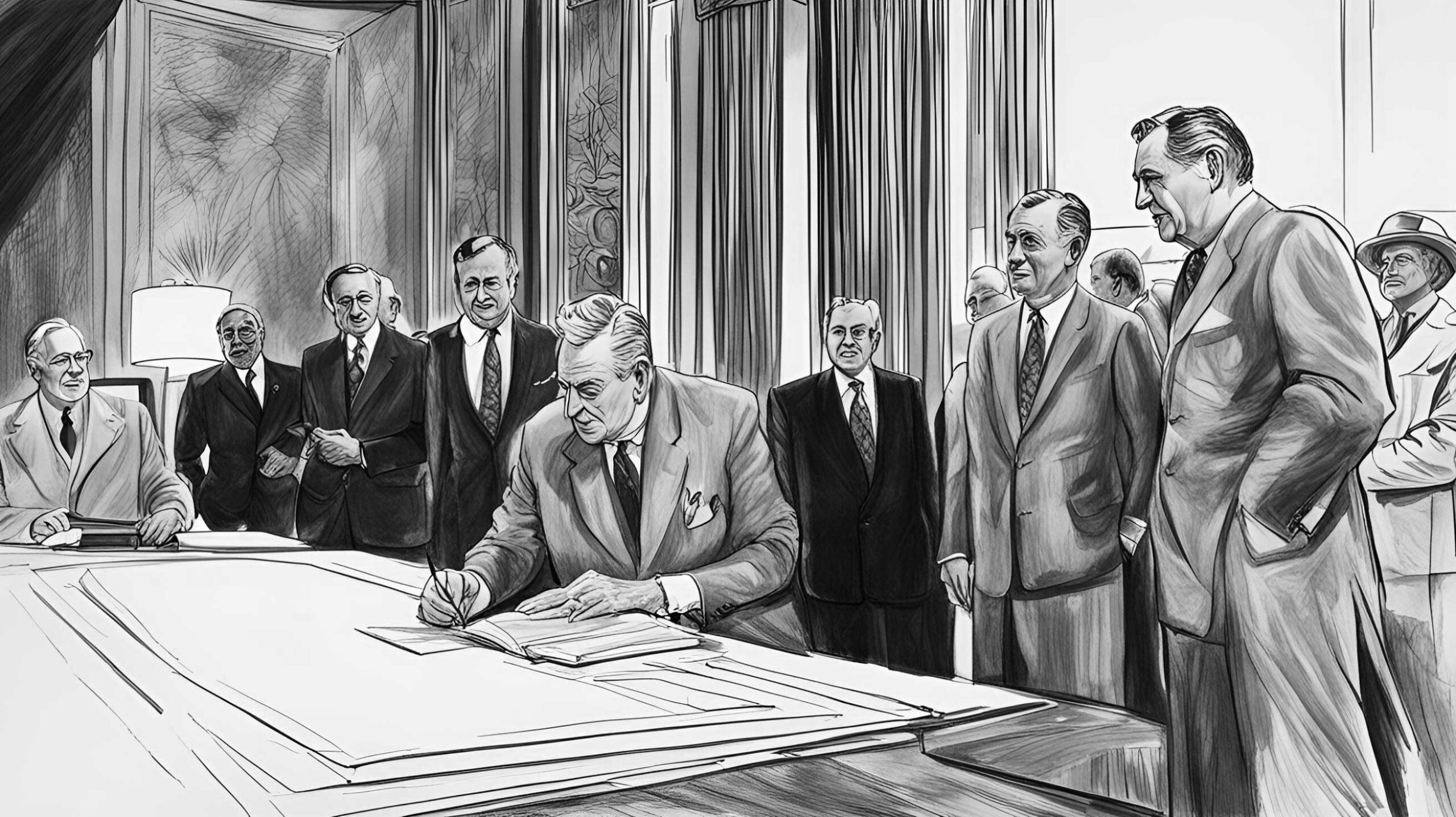Flashback to December 26
American History

The Whiskey Rebellion was a significant event in the early history of the United States. It stands as a powerful demonstration of discontent towards federal power, a deciding moment in the affirmation of central government authority, and a symbol of defiance against the tax, which has resonated through centuries. Thus, the Whiskey Rebellion isn’t just a historical fact but an event heavily wrapped in political, social and economic implications.
In 1791, then U.S. Secretary of Treasury, Alexander Hamilton, introduced a federal excise tax on whiskey and other distilled spirits. Touted as the “Whiskey Tax,” this financial enactment was a bid to help repay the national debt accumulated during the Revolutionary War. This legislation, however, was not received favorably by farmers in the Monongahela Valley, Pennsylvania, sparking what is now known as the Whiskey Rebellion on August 7, 1794.
The imposition of the whiskey tax was widely cited as the spark of this revolt; however, it held a deeper significance for the Pennsylvanian farmers. These distillers saw this federal tax as a direct assault on their livelihoods as most of them relied heavily on the production and sale of whiskey and other distilled spirits as their primary income source. The spirit was relatively easy to produce, preserved well, and was high in demand, making it a profitable venture for farmers. By taxing whiskey, the federal government was seen as interfering directly with the economic wellbeing of these farmers.
Moreover, the payment method associated with this tax was a source of significant contention. The distillers were tasked with paying the tax in cash, a demand that was quite difficult to meet given the scarcity of hard currency in the frontier regions. This decision was perceived as unfair and discriminatory, escalating the dissatisfaction that led to the rebellion.
The Whiskey Rebellion was not just a passive display of discontent but a full-blown revolt against the federal government. Farmers from the Monongahela Valley up-rised against the imposed legislation, building arguably the first major crisis faced by the newly formed United States government. Their resistance, while initially isolative, gained widespread support and soon escalated to violent outbreaks.
Several milestones marked this rebellion. One such instance occurs on August 7, 1794, articulated as the “Black Thursday” incident. On this day, rebel farmers attacked and demolished the home of John Neville, the regional tax inspector. This event marked the peak of the rebellion and catalyzed the federal government’s response, witnessing President George Washington’s personal leading of a substantial military force to quell the revolt.
The aftermath of the Whiskey Rebellion had lasting ramifications for the development and conduct of the United States government. This event tested the resolve and the capabilities of the recently formed government under the Constitution that replaced the Articles of Confederation. It asserted the new federal government’s right to enact and enforce tax laws over state objections. Moreover, it symbolized the authority that the central government wielded in the face of organized resistance, establishing a precedent for future interactions between the federal authority and states or organized groups.
Conclusively, the Whiskey Rebellion was a gesture of defiance that indicates deep-seated economic and cultural tensions at the heart of rural America. This early instance of tax protest among Pennsylvanian farmers encapsulates the ethos of the freedom-loving, authority-questioning spirit that embodies facets of American history and identity. Despite being a revolt that was effectively put down, the Whiskey Rebellion undoubtedly left an indelible mark on the nation’s political landscape, serving as a forecast for future clashes over taxation, federal authority, and individual rights.
We strive for accuracy. If you see something that doesn't look right, click here to contact us!
Sponsored Content

US forswears armed intervention…
On December 26, 1933,…

Wood-pulp paper first exhibited,…
Experience the historic milestone…

American Revolution: The British…
Experience the pivotal moments…

Harold B Lee, US…
"US Mormon Church leader,…

Maiden voyage of first…
Commodore Cornelius Vanderbilt set…

Federal government took over…
On December 26, 1917,…

